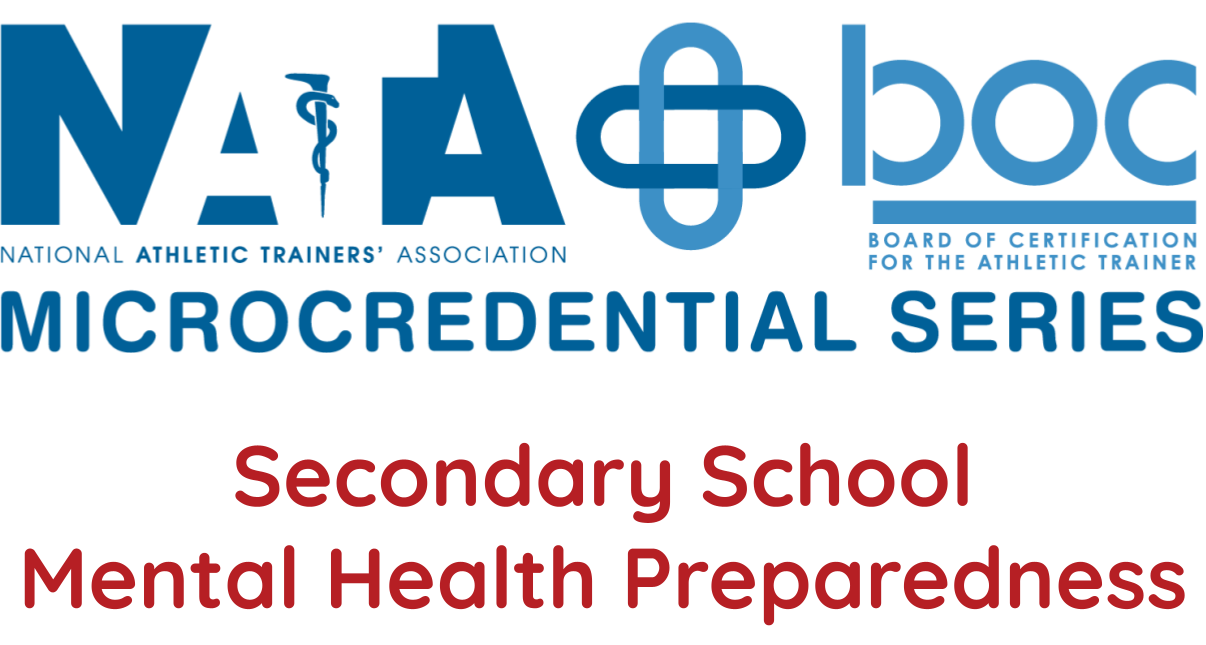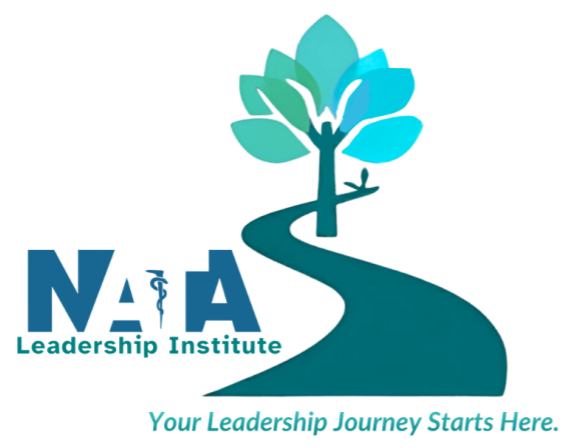
Life after ACL Injury: Optimizing Muscle Function Now to Preserve Health and Well-Being Later
-
Register
- Non-member - $37.50
- Member - Free!
- Student - Free!
- Staff - Free!
- Certified Student - Free!
- Retired - $22.50
Abstract:
Clinical outcomes following anterior cruciate ligament reconstruction (ACLR) remain unsatisfactory, with elevated rates of re-injury and osteoarthritis reported within 1-2 decades. Quadriceps dysfunction is thought to influence such outcomes by promoting deleterious biomechanical adaptations, yet traditional rehabilitation often fails to restore muscle function beyond return-to-activity. Advances in our understanding of underlying contributions to persistent muscle weakness have shaped the development of novel rehabilitation approaches. To address the burden of ACLR, we will (1) highlight evidence of the underlying mechanisms and clinical impact of quadriceps dysfunction, and (2) provide clinicians with novel therapeutic interventions to optimize clinical outcomes over the lifespan.
Objectives:
- Participants will be able to identify the underlying neurological and morphological contributions to quadriceps dysfunction following ACL reconstruction, and apply this knowledge to patient assessment.,
- Participants will be able to describe the neuromuscular and biomechanical adaptations that characterize patients over the lifespan following ACL reconstruction.,
- Participants will be able to recognize how quadriceps dysfunction negatively impacts biomechanical and patient-reported outcomes immediately following, and in the years following, ACL reconstruction.,
- Participants will be able to implement novel therapeutic interventions to enhance quadriceps muscle function and movement quality, and optimize both short- and long-term clinical outcomes following ACL reconstruction.
Level:
Advanced
Domains:
Domain 2: Assessment Evaluation and Diagnosis
Domain 4: Therapeutic Intervention
CEUs:
1.5 Category A
Keywords: ACL, anterior cruciate, ligament, reconstruction, neuromuscular, quadricep, injury, treatment, rehabilitation
Enhanced Access On-Demand Course Expiration:
Access to this course will expire at the end of the membership year on December 31 at 11:59 p.m. CST.
For full details, refer to the Expiration Date Policy on our FAQ page.
Adam Lepley, PhD, ATC
Dr. Adam Lepley is a clinical associate professor of Applied Exercise Science, Athletic Training, and Movement Science at the University of Michigan School of Kinesiology. Additionally, Dr. Lepley serves as the clinical education coordinator for the Athletic Training program and director of the Michigan Performance Research Laboratory (MiPR) within the Exercise & Sport Science Initiative. He earned a bachelor’s degree in Athletic Training from Grand Valley State University, master’s degree in Kinesiology from the University of Minnesota, and PhD in Exercise Science from the University of Toledo.
Dr. Lepley's research agenda is focused on understanding neural contributions to muscle dysfunction and their involvement in lower extremity biomechanical and self-reported disability following traumatic knee joint injuries. He applies foundational skills in neurophysiology to musculoskeletal injuries in order to investigate systemic effects that joint injury has on clinical function and athletic performance. The overall goal of this research is to identify the origins of persistent neuromuscular dysfunction for the purpose of maintaining long-term health outcomes following acute injury.
Grant Norte, PhD, ATC
Grant E. Norte is an Associate Professor in the School of Kinesiology and Rehabilitation Sciences – Division of Kinesiology at the University of Central Florida. Norte serves as a Co-Director of the Cognitive, Neuroplasticity, & Sarcopenia (CNS) Laboratory within the Institute of Exercise Physiology and Rehabilitation Sciences. In this capacity, Norte’s research agenda is focused on understanding the neurophysiological underpinnings of knee joint injuries to leverage innovative treatment approaches that improve patient outcomes. His body of work reflects a multifaceted approach to investigations of neural (transcranial magnetic stimulation, electroencephalography, Hoffmann reflex), muscular (dynamometry, burst superimposition, electromyography, magnetic resonance imaging), movement (2D and 3D motion capture), and patient-oriented impairments following orthopedic trauma, with a particular emphasis on ACL injury.
As a southern California native, Norte graduated from California Lutheran University with his undergraduate degree in exercise science and sports medicine – athletic training. He went on to complete a post-professional athletic training program at the University of Virginia. Norte later attended an athletic training fellowship with The Steadman Clinic in Vail, CO and served as head athletic trainer at the State University of New York at New Paltz to broaden his perspectives in healthcare before returning to the University of Virginia, where he earned his doctorate in sports medicine.
Norte is an active member of the National Athletic Trainers’ Association, American College of Sports Medicine, and Athletic Trainers’ Osteoarthritis Consortium. He enjoys mentoring students and building collaborative networks with friends and colleagues, both domestically and abroad.


